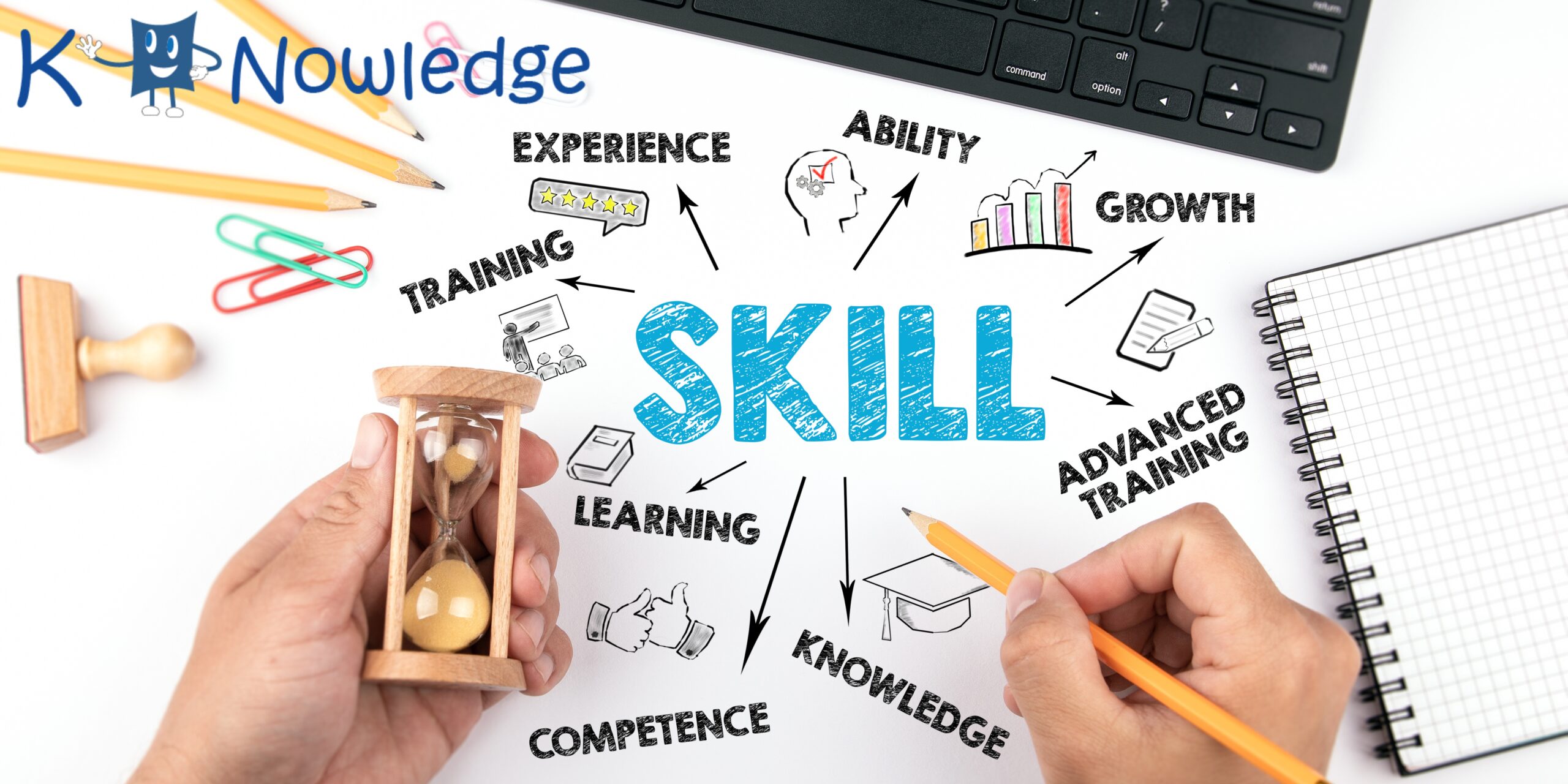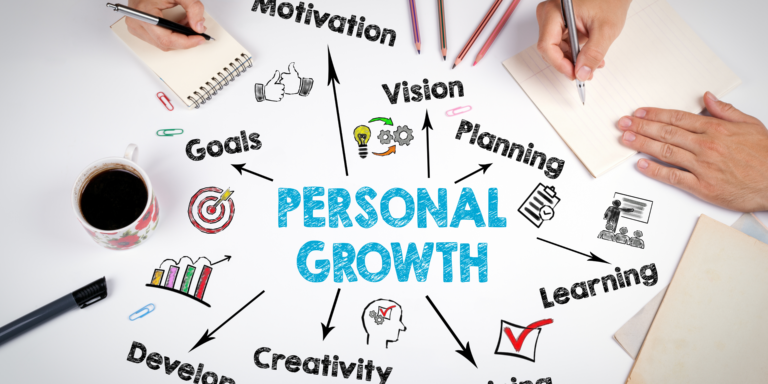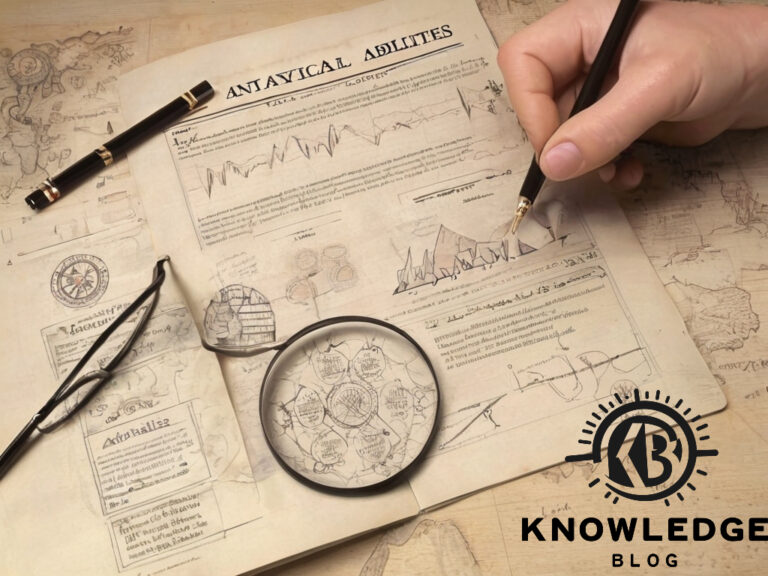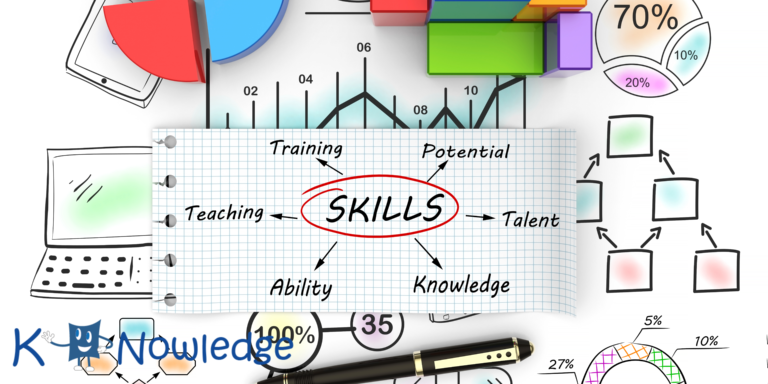What Are Soft Skills? The Definitive Guide

In today’s dynamic job market, technical skills and expertise are no longer enough. Employers increasingly seek candidates who possess a unique blend of soft skills, the intangible qualities that shape how we interact, communicate, and adapt in the workplace. But What precisely constitutes soft skills, and how do they play a pivotal role in achieving success? This comprehensive guide delves into the world of soft skills, unpacking their significance, exploring key categories, and equipping you with strategies to cultivate these valuable assets.
The Evolving Workplace and the Rise of Soft Skills
The business landscape is undergoing a rapid transformation, driven by automation, digitization, and globalization. While technology automates routine tasks, it also amplifies the need for human skills like critical thinking, collaboration, and problem-solving. As machines handle the predictable, soft skills empower individuals to navigate the unpredictable, build meaningful relationships, and drive innovation.

A recent study by McKinsey Global Institute found that soft skills will be among the most critical competencies for workers in the future, with demand outpacing supply. This highlights the growing importance of soft skills not just for career advancement but also for individual fulfillment and adaptability in a changing world.
Hard Skills vs. Soft Skills: Understanding the Difference
Hard skills are the technical knowledge and abilities specific to a particular job or industry. They are often learned through formal education, training, or on-the-job experience and can be easily quantified and measured. Examples include coding skills, financial modeling expertise, or proficiency in specialized software.
Soft skills, on the other hand, are the personal attributes and interpersonal competencies that enable us to effectively interact with others, thrive in teams, and navigate complex situations. While harder to define and quantify, soft skills are essential for applying hard skills effectively and achieving overall success.
Here’s a table summarizing the key differences between hard skills and soft skills:
| Feature | Hard Skills | Soft Skills |
|---|---|---|
| Definition | Technical knowledge and abilities specific to a job or industry | Personal attributes and interpersonal competencies |
| Focus | Task-oriented | People-oriented |
| Acquisition | Formal education, training, on-the-job experience | Varied sources: life experiences, personal development, social interactions |
| Measurement | Quantifiable | Qualitative |
| Importance | Crucial for technical execution | Essential for effective interaction and collaboration |
The Influence of Soft Skills on Professional Advancement
Numerous studies and surveys have established a strong correlation between strong soft skills and career success. Here are some key benefits:
- Increased employability: Companies actively seek candidates with well-developed skills, making them more competitive in the job market.
- Enhanced teamwork and collaboration: Strong communication, interpersonal skills, and conflict resolution abilities lead to more effective teamwork and collaboration, driving better project outcomes.
- Improved leadership potential: Leadership is not just about technical expertise; it’s about inspiring, motivating, and guiding others. Skills like empathy, communication, and problem-solving are crucial for effective leadership.
- Greater career adaptability: As industries and job roles evolve, individuals with strong skills can adapt to change more easily, learn new skills, and thrive in different environments.
- Higher earning potential: Studies have shown that employees with strong soft skills tend to earn 5%-20% more than their counterparts with similar technical skills but weaker soft skills.
Case Study: The Power of Soft Skills in Action
Consider a recent graduate with exceptional coding skills but limited communication and teamwork abilities. During a group project, their technical expertise shines, but their inability to communicate effectively, listen to others, and collaborate creates friction within the team. This ultimately hinders the project’s success and potentially reflects poorly on the individual’s performance.
On the other hand, imagine a graduate with moderate coding skills but strong communication, teamwork, and problem-solving abilities. While they may require additional technical training, their powerful skills enable them to collaborate effectively, learn from others, and contribute meaningfully to the project. This demonstrates the value of soft skills in bridging the gap between technical expertise and overall effectiveness.
Developing Your Essential Skills Toolbox: Strategies for Improvement
Now that we’ve explored the vast landscape of soft skills, it’s time to equip yourself with the tools and strategies to cultivate and refine these valuable assets. Remember, developing Essential skills is a continuous journey, not a one-time destination.
Embrace the process, celebrate your progress, and enjoy the positive impact it has on your personal and professional life.
Self-Assessment: Identifying Your Strengths and Weaknesses
The first step towards improvement is self-awareness. Conduct a personal inventory to identify your existing strengths and areas for development. Here are some methods:
- Reflect on past experiences: Consider situations where you excelled or struggled in terms of communication, teamwork, or problem-solving. What factors contributed to your success or challenges?
- Seek feedback: Ask trusted colleagues, mentors, or friends for their honest feedback on your strengths and weaknesses, focusing on specific behavioral examples.
- Take online assessments: Numerous online quizzes and assessments can provide insights into your soft skill profile. Remember, these are just starting points; interpret them with a critical eye.
By understanding your current skill level, you can prioritize areas for targeted development and create a personalized growth plan.
Learning Resources: Books, Courses, and Online Platforms
Immerse yourself in a world of learning opportunities! Numerous resources can help you hone your essential skills:
- Books: Explore titles like “Emotional Intelligence” by Daniel Goleman, “Crucial Conversations” by Kerry Patterson et al., or “The 7 Habits of Highly Effective People” by Stephen Covey.
- Online courses: Platforms like Coursera, Udemy, and EdX offer a plethora of soft skills courses, from communication and leadership to time management and conflict resolution.
- Podcasts and audiobooks: Listen to experts share insights and practical tips while commuting, exercising, or doing chores. Popular options include “The Art of Charm,” “Leadership Lab,” and “The Tim Ferriss Show.”
- Blogs and articles: Stay updated on the latest trends and research in soft skills development by following relevant blogs and websites.
Building powerful people skills is crucial for thriving in today’s dynamic workplaces. Honing these critical assets can skyrocket your productivity, refine your collaboration magic, smooth interpersonal bumps, fuel job fulfillment, and propel your career trajectory.
Take a moment to evaluate your interpersonal effectiveness and pinpoint areas for growth. Countless resources are available to nurture your social and emotional intelligence, making this self-investment a no-brainer!
Source : Knowledge Blog






